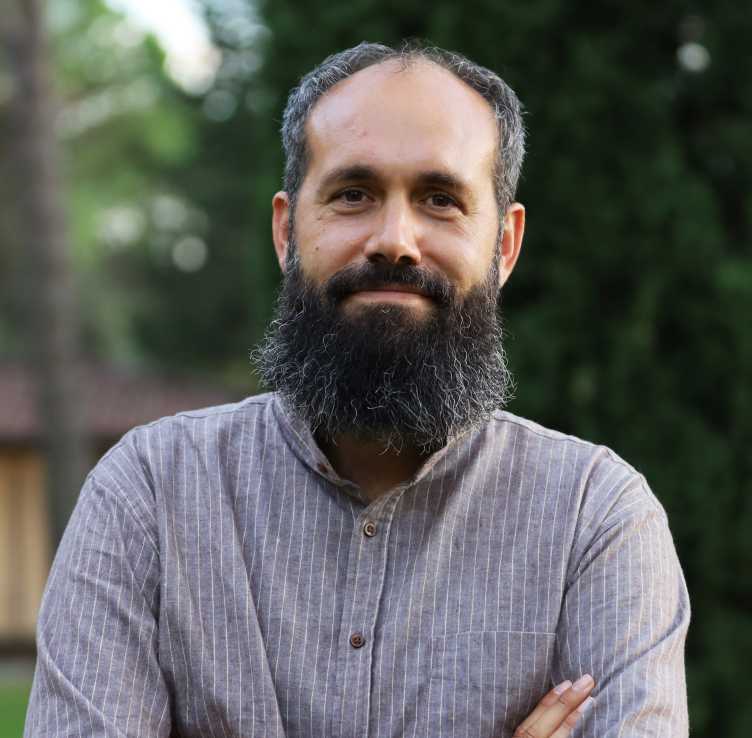Dr. Tomas Bartoletti
Dr. Tomas Bartoletti
Lecturer at the Department of Humanities, Social and Political Sciences

Tomás Bartoletti is a Senior Lecturer at the Chair for History of the Modern World of the Swiss Federal Institute of Technology (ETH) in Zürich and the Principal Investigator of the Ambizione Project “Insect Pests and Economic Entomology in Plantations, c. 1870-1930s: A Multispecies History of Global Capitalism,” funded by the Swiss National Science Foundation. Tomás earned his PhD from the University of Buenos Aires and read Latin American Studies at the University of Buenos Aires and History of Science and Technology at the University of Quilmes (Argentina). Tomás has held research positions as a Max Weber Fellow at the European University Institute (2021-2023) and as a Postdoctoral Fellow at the ETH Zürich (2019-2021). He has also been a fellow at the Gotha Research Centre (2019), the University of Erfurt (2017-2018) and the Humboldt-Universität zu Berlin (2014-2016). Tomás has published articles in journals, like Comparative Studies in Society and History, Isis: Journal of the History of Science Association, Global Intellectual History, and HAU: Journal of Ethnographic Theory. An exhibition coming out of his research, Naming Natures (naming-natures.ch), is planned to take place in December 2024 at the Natural History Museum of Neuchatel. Since 2023, he is an associate editor of Environmental Humanities and of the Commodity Frontiers Journal.
His research interests include the history of science and empire, the history of capitalism and environmental history. His current research projects focus on the history of pest control and commodity frontiers in the Global South, c. 1880-1930; and the history of Swiss science in Latin America during the 19th century. Tomás explores the methodological intersections of material culture and transdisciplinary research in these projects while integrating comprehensively indigenous perspectives.